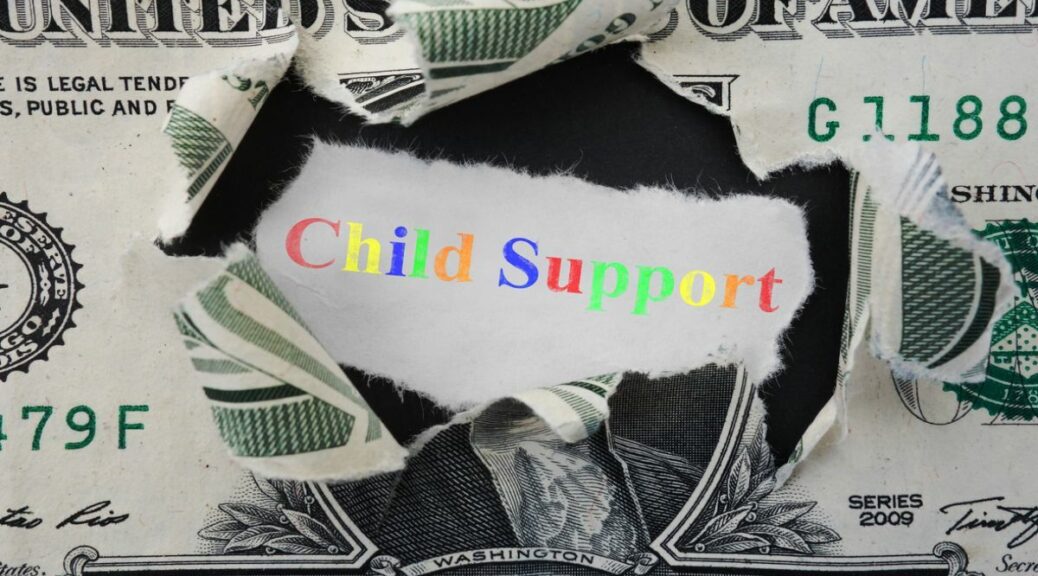It’s becoming increasingly common for both spouses in a marriage to earn an income. However, when a couple decides to divorce, spousal support can still be awarded, even in dual-income households. Spousal support is a payment made by either spouse to the other to support their living standard after divorce. But how does spousal support work when both spouses work, and what factors affect the amount of support awarded? This blog post will explore the ins and outs of spousal support in California, specifically in dual-income households.
What is Spousal Support, and Who is Eligible for it in a Dual-Income Household?
Spousal support is a financial payment one spouse makes to the other after separation or divorce. The purpose of this payment is to help support the lower-earning spouse and allow them to maintain the lifestyle they had during the marriage. In California, the court will consider several factors when determining if spousal support is appropriate, including:
- Each spouse’s income
- The duration of the marriage
- The age of both parties
- The standard of living during the marriage
- Each spouse’s physical and emotional health
- The financial needs of each party
- The division of property in the divorce settlement
Considering the Tax Implications of Spousal Support Payments
For the party paying spousal support in a dual-income household, it’s essential to understand the tax implications of these payments. In California, spousal support payments are tax-deductible for the paying spouse and considered taxable income for the receiving spouse. However, this rule only applies if the payments are court-ordered. If spouses agree to an amount outside of court, those payments are not tax-deductible for the payor.
Factors Courts Consider When Deciding Spousal Support Amounts
The amount of spousal support awarded in a dual-income household will vary depending on the individual circumstances of the case. The court will consider the needs of the spouse receiving support and the ability of the other spouse to pay. In California, spousal support is generally calculated by taking 50% of the paying spouse’s net income, then subtracting 40% of the receiving spouse’s net income. However, this is only a guideline and doesn’t consider other factors, such as child support payments and the impact of taxes.
Modifying Spousal Support When One Partner Gets a Raise or Promotion
If the court already awarded spousal support payments in the divorce settlement, they could be modified if there is a significant change in the circumstances of the spouses. For example, if one spouse gets a raise or promotion, the court can re-evaluate the amount of spousal support. The party requesting the modification must show that the change in circumstances is significant and ongoing.
Pros and Cons of Receiving or Paying Spousal Support
There are pros and cons to consider when receiving or paying spousal support in a dual-income household. For the receiving spouse, spousal support can help maintain their standard of living and provide financial security. However, it can be a financial burden for the paying spouse, especially if they already support themselves and any children from the marriage. It’s important to discuss the pros and cons of spousal support with an experienced family law attorney.
Commonly Misunderstood Aspects of Spousal Support Laws
Spousal support laws can be complicated, and there are several misconceptions about the topic. For example, spousal support is not guaranteed in every divorce case, and there is no set formula for calculating the amount. Additionally, spousal support payments can be tax-deductible for the paying spouse, but only if they are court-ordered.
If you are considering divorce and spousal support is a concern, contact our experienced family law attorneys today. We at the Law Offices of Judy L. Burger have the knowledge and expertise to help you navigate California’s complex spousal support laws, and we will work tirelessly to ensure your rights are protected.




